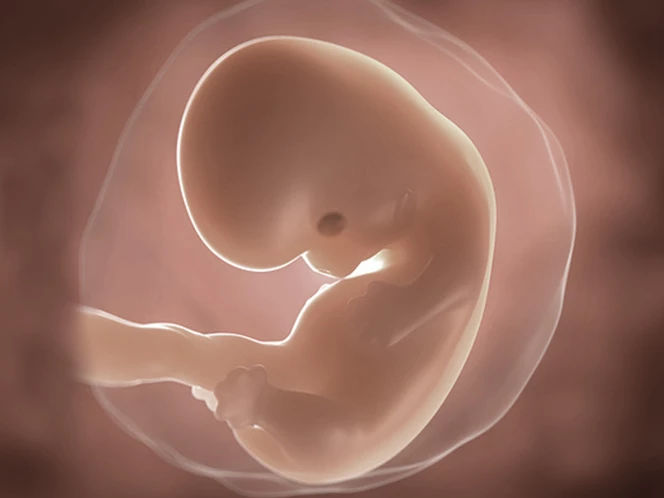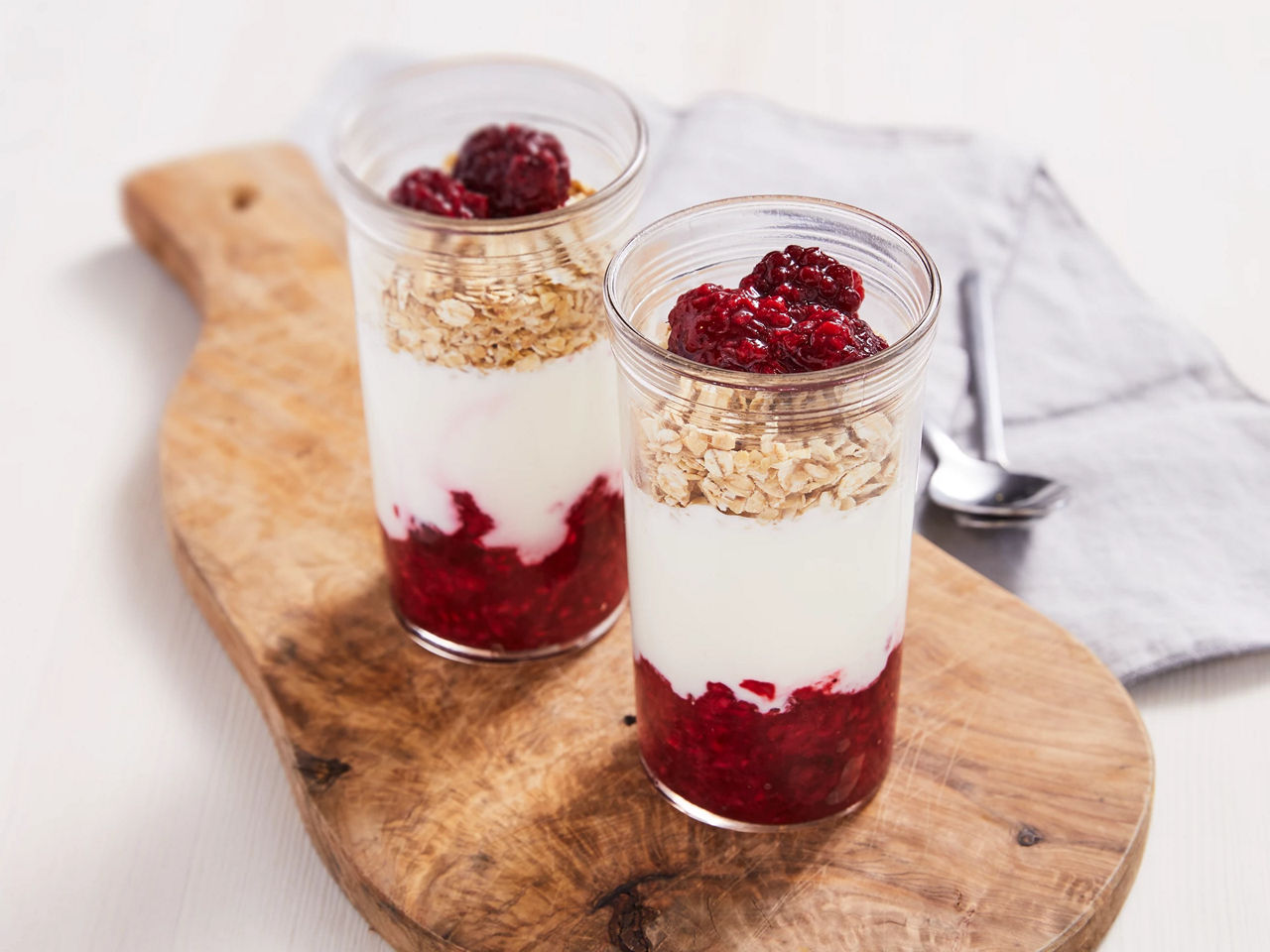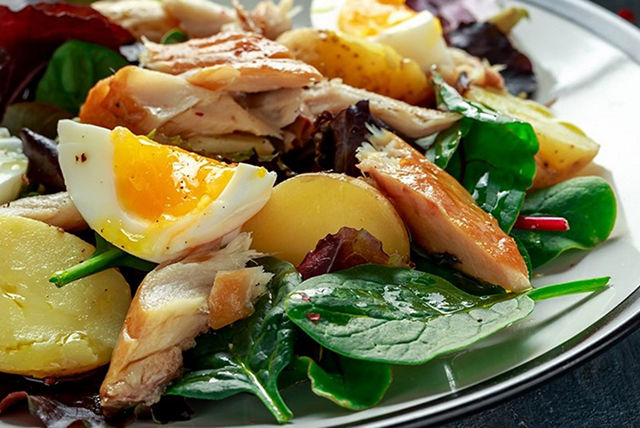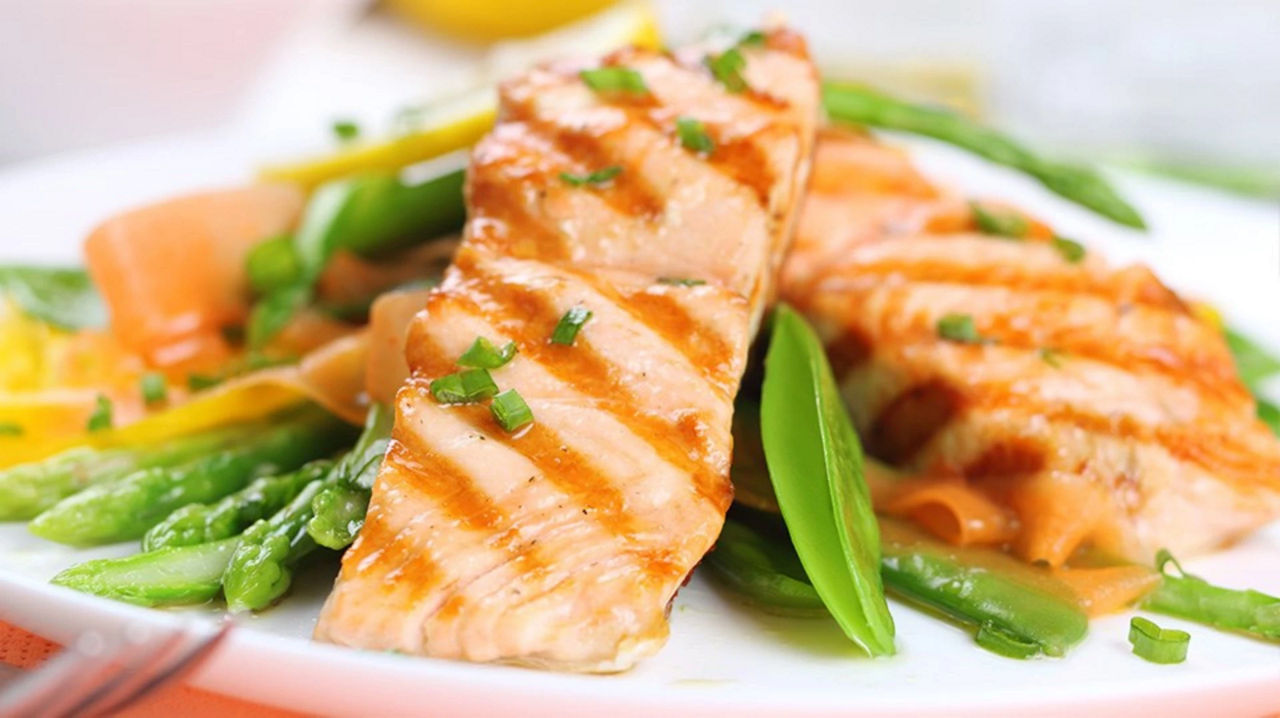At 7 weeks pregnant, your baby measures anywhere between 4mm1 and 10mm2 long and is roughly the size of a blueberry. They are developing a more baby-like appearance3, with arms buds becoming longer, and flat, paddle-like hands emerging2.
At this stage, your baby’s head is growing faster than their body; a reflection of the rapid and intense brain growth that’s happening2. Their heart is also developing, and has divided into distinct right and left chambers. At the same time, air passages are starting to form within the lungs – these will eventually grow into a more complex network of bronchi3.
If you were able to see your baby’s face, you’d be able to spot two tiny nostrils. Their mouth is taking shape too, with lips, a tongue and tooth buds appearing1. Meanwhile, their eyes and inner ear structures continue to develop, although it will be some time before these function properly2.








